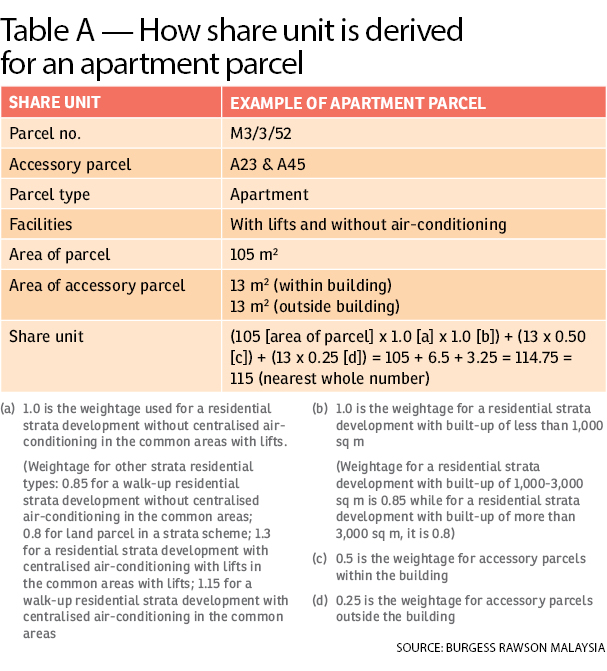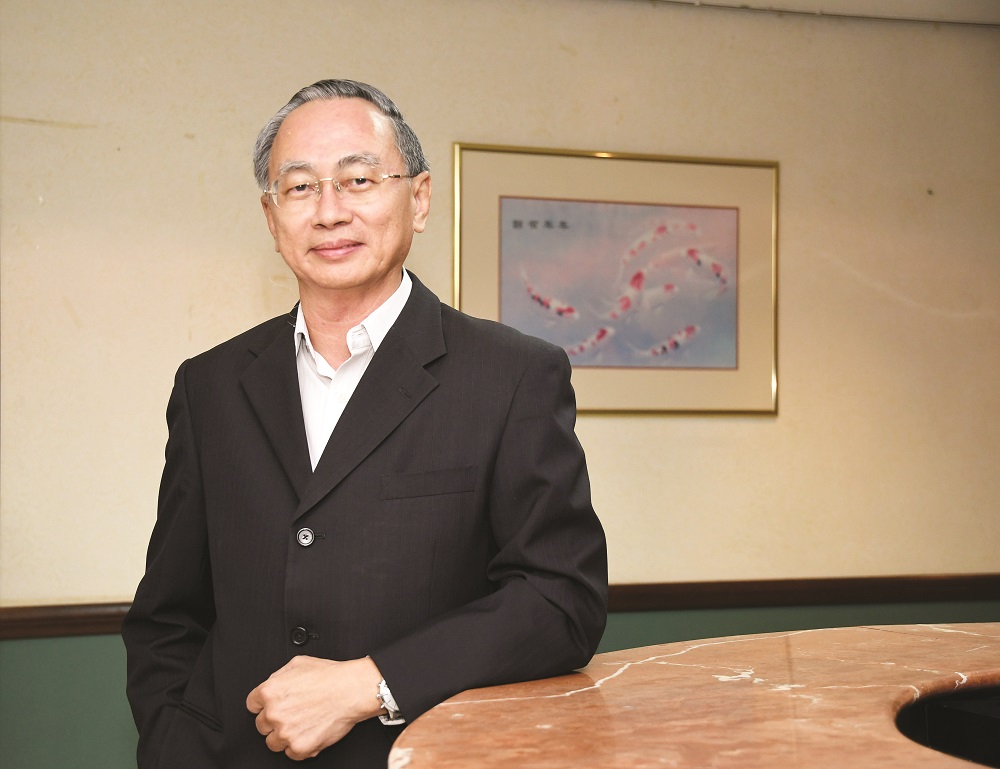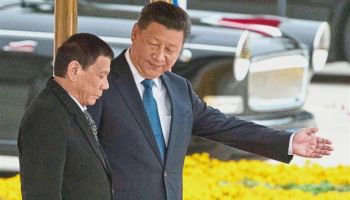 |
| Illustration: Peter C. Espina/GT |
https://youtu.be/6g_SpU3c5rU
Chinese President Xi Jinping and his US counterpart Donald Trump's meeting in Argentina on Saturday yielded results that boosted the confidence of both countries and the world. The US agreed to hold off on raising tariffs on $200 billion of Chinese goods to 25 percent and the two countries decided to start a new round of negotiations in the next three months. The meeting has prevented bilateral relations from going into a nosedive, showing how rewarding diplomacy between heads of state can be.
The meeting lasted an hour longer than expected, created a cordial atmosphere for talks and ended with a spontaneous group photo. A White House statement released on Saturday said the meeting was "highly successful."
These details are very indicative. After US Vice President Mike Pence delivered a stinging speech on its China policy at the Hudson Institute in the beginning of October, many worried that a new Cold War between the two countries was looming. But now, the Xi-Trump meeting on the sidelines of the G20 summit has shown that Beijing and Washington have the wisdom and ability to avoid the shadow of the Cold War shroud the world once again.
The compromise between China and the US is a wise decision to deal with their respective domestic challenges. The intensified trade war in the past few months upset farmers, enterprises and financial institutions of both countries. US farmers planted 89.1 million acres of soybeans this year, some were reportedly letting their crops rot as they were unable to sell them to their biggest buyer and the storage costs rose amid the trade conflict with China.
In addition, US companies involved in the international economy are suffering because of a worsening global economic environment. Although the US economy has maintained relatively rapid growth thanks to tax cuts and increased federal expenditure, the economies of Europe, China and Japan have all contracted.
Just as IMF Chief Christine Lagarde recently warned, the headwinds of trade friction, notably between China and the US, "could have slowed momentum even more than we had expected." She also said that if Trump follows through on this threat to impose steep tariffs on auto imports, it would result in retaliation from trading partners on US exports and could cut a large chunk out of the world economy.
An escalation in trade disputes worldwide will inevitably bring more pressure on both Chinese and American companies. According to a statement by the WTO on November 22, countries belonging to the G20 group of the world's biggest economies applied 40 new trade restrictive measures between mid-May and mid-October, covering around $481 billion of trade. Trimming its outlook for the global economy, the OECD calculated that a full-blown trade war and the resulting economic uncertainty could knock as much as 0.8 percent off global gross domestic product by 2021.
In this context, the efforts made by China and the US in Argentina to ease trade tensions are valuable to save the global economy. How to take the next step is of course full of challenges. Reaching an agreement on a number of sensitive issues within the next three months will be a big test for both countries.
The Trump government should not overestimate its bargaining chips. It should review the fundamental role healthy and balanced globalization can play in helping the US economy maintain sustainable growth. Trump recently asked General Motors to stop making cars in China and open a new plant in Ohio. As General Motors is highly dependent on the Chinese market, such requirements appear to run counter to common sense and reason.
Besides, the Trump government threatened to impose export controls on new technologies like robotics, hoping to weaken China's position in the global supply chain and win an upper hand in technological competition with China. Such an approach has been opposed by sane minds in Silicon Valley who argue that it will only benefit companies in Europe and Japan.
China needs to accelerate the implementation of the new round of reform and opening-up policy in the following three months. The Chinese government in the past few months rolled out more policies to support private companies, which is necessary, but more importantly, it should hasten steps to establish a more mature market economy.
If China can reform its own development model based on its own plan under the pressure of a trade spat, it will be the biggest winner and the whole world will also benefit from it.
By Zhao Minghao Source:Global Times
The author is a senior research fellow with The Charhar Institute and an adjunct fellow at the Chongyang Institute for Financial Studies at Renmin University of China. opinion@globaltimes.com.cn
Related:
Trade cease-fire welcomed - Capital markets shoot up in response to tariff truce
- Trade war truce sends significant signal
- Sino-US agreement an important step forward
- G20 must defend multilateralism as lifeline of the century
- Auto tariffs will further dent globalization
- China, US need to seek greatest common interest
- Bias stops West seeing real Xinjiang
Related post:
https://youtu.be/Ar5fVQYDTak
https://youtu.be/NoGlD73kh28 BUENOS AIRES (Reuters) - China and the
United States agreed to a ceasef...

































